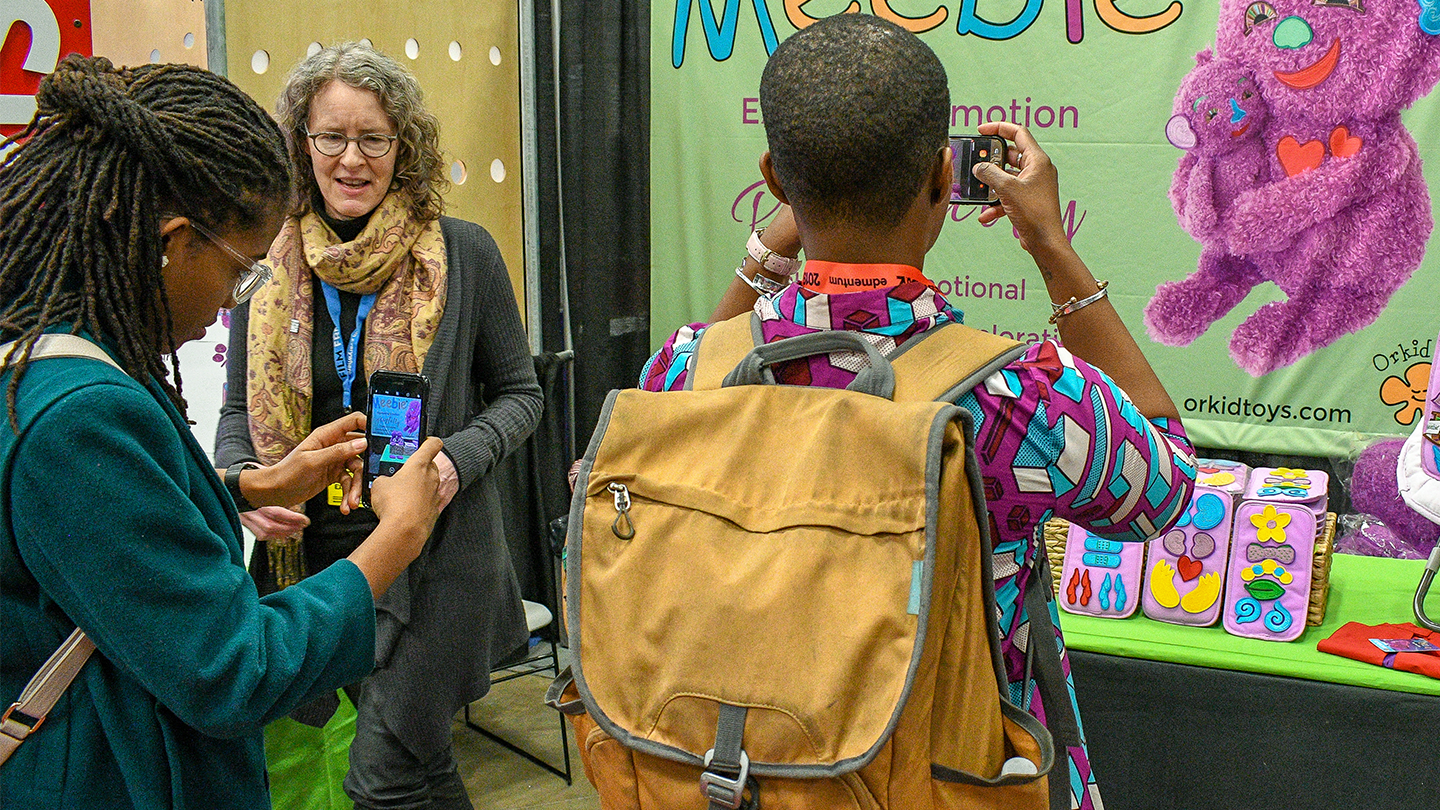
As a former restorative practitioner at Akins High School in Austin, TX, I collaborated with students and their advocates—administrators, counselors, parents and guardians, relatives, mentor, and more—in identifying less punitive disciplinary methods beneficial to the student’s holistic wellbeing. I encountered countless students who carried more than just book bags into the classroom such as academic stress, familial responsibilities, college acceptance anxiety, cyberbullying, and financial barriers to name a few.
Black students often live under the pendulum of perceptions, either being the excelling poster child rewarded with more responsibility or the student struggling to stay afloat amidst personal and systemic hardship. Not to mention those within the middle who tend to “slip through the cracks'' due to oversight.
Black boys and girls experience adultification, the act of being viewed and treated as an adult while still developing as an adolescent, resulting in unrealistic expectations and stripping students of their youthfulness. Adultifying shows up through:
- How we communicate to students based on adult-like appearance rather than their adolescent age
- Pressure for higher achievement without understanding student’s out-of-classroom realities
- Expecting students to thrive without addressing the impact of trauma
- Assuming students do not need additional support because they are doing well on paper
- Rewarding students with more opportunities yielding more stress
Adultification is often rooted in racial bias affecting how educators and administrators perceive a student’s maturity. In schools, it happens through disproportionate removal from classes and campus. In our justice system, it happens through unjust sentencing and charges criminalizing kids as adults. While these are systemic issues affecting Black children, we all share the responsibility of adultification when we set adult-like standards for students that detrimentally strip away their youthfulness. Here are some tips to intentionally implement that work to combat adultification:
1. Humanize students
So often we burden students with the expectations of standardized tests, community involvement, assignments, and projects without learning who the child is apart from the school setting. Authentically checking in with students on their well-being cultivates a safe space for sharing and healthy rapport over time. This goes from the honor roll students to the most disengaged. Having students journal about their weekend, an icebreaker to learn each student’s family structure, and sharing favorite songs are a few ways we can safely humanize students’ lived experiences.
2. Lead with empathy
Let’s be honest; empathy starts from the heart. It requires hearing the concerns of students beyond their paperwork and data. As stakeholders for students, empathy requires denouncing ourselves of the adult privilege we live within and seeing adolescents’ lived experiences from their youthful perspective. Often, understanding someone is more important than agreeing.
3. Recommend resources
Students consumed with adult-like responsibilities may not be knowledgeable of resources available on campus or throughout the community. Job and career fairs, pamphlets with local city or county resources, daycare assistance programs, and mental health support are a few ongoing resources that adolescents need. While resources are available, they may not always be easily accessible, especially for a student who is already overwhelmed. Consider being a student’s advocate by eradicating barriers that hinder attaining resources. Helping students make the right phone calls or assisting adolescents with the proper paperwork could be the necessary support that makes the difference.
SXSW EDU 2023 promises to offer several sessions that center cultural relevance and how to best support students of color. Here are a few:
- Building Community in a Time of Chaos
- Circle Keepers: Youth Led Restorative Justice!
- Barbershop Books: A Community-Based Approach
- Black Families Matter- Policing in Child Welfare
- Culture to the Max! Where Culture Meets Education
- Reimagining Culturally Responsive Development
TRUST THE PROCESS
Unlearning racial biases and learning new practices takes consistency. Sometimes it requires setting aside the prescribed educational lens to focus on practical, supportive solutions for Black students and students of color. Adolescents who have been ignored or dismissed by adults may struggle with trust and feeling safe reaching out for support. Whether you are teaching a core subject in the classroom, lobbying for youth mental health bills, or approving curriculum for your district—all of us bear a responsibility in preserving adolescent’s developmental years, identifying adultifying tactics, and being the advocate we may have once needed.
Join Your Community in March
Register to attend in Austin or experience SXSW EDU Online. Celebrate education through compelling sessions, networking opportunities, and so much more at SXSW EDU from March 6-9, 2023.
Be the first to know of any information leading up to the event through Twitter, LinkedIn, Instagram, Facebook, TikTok and our newsletter.
Photo provided by Debbie Finley
